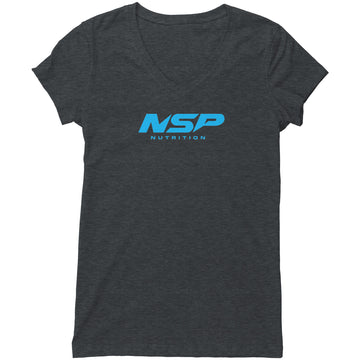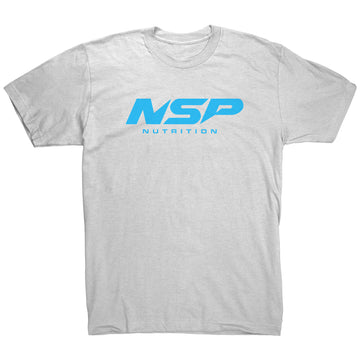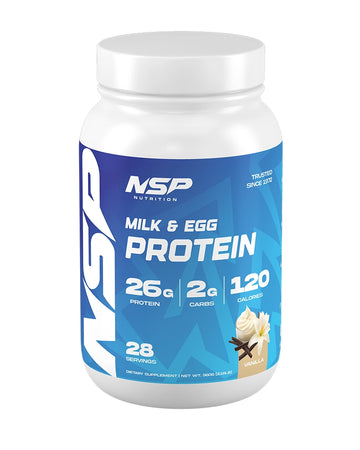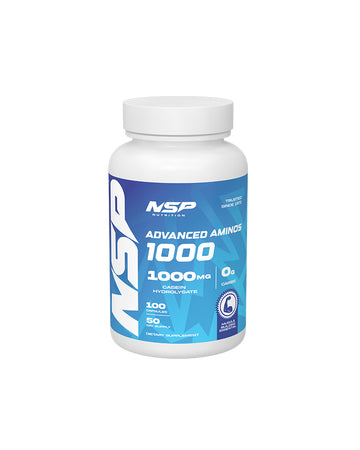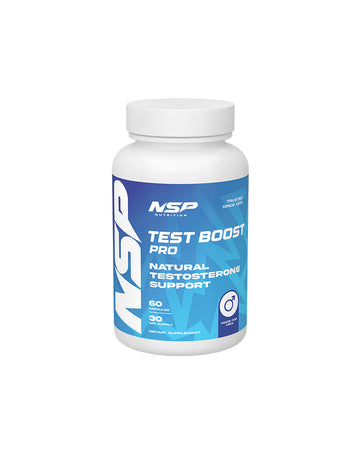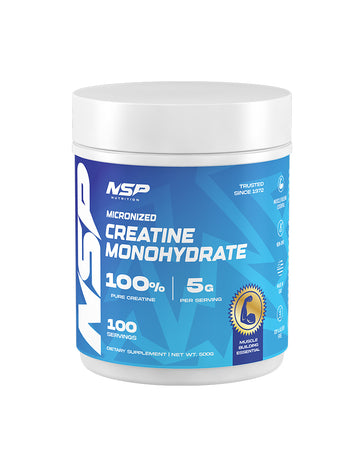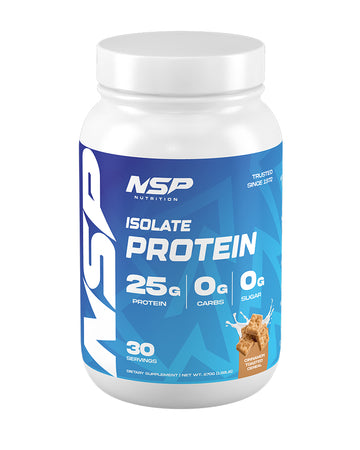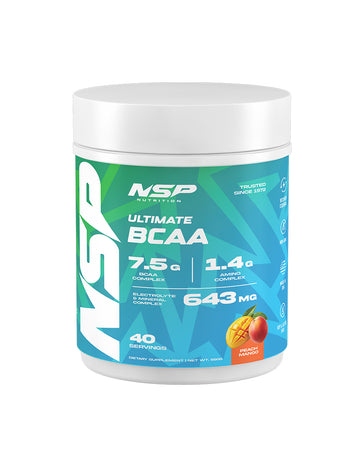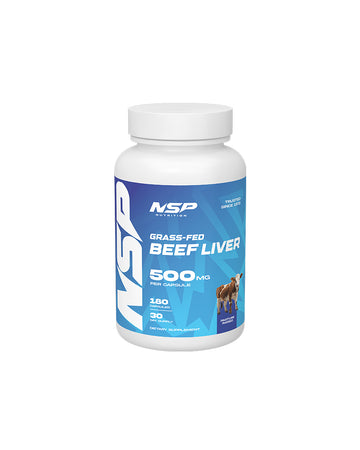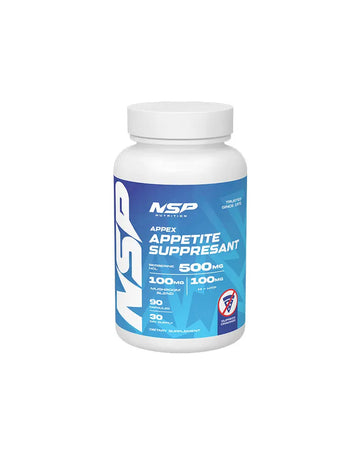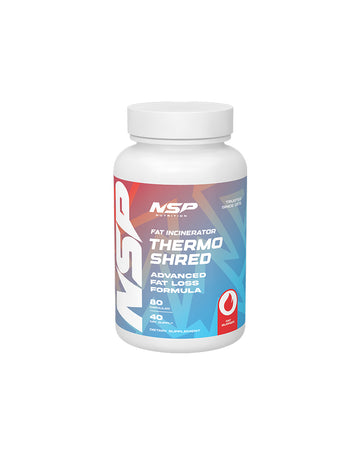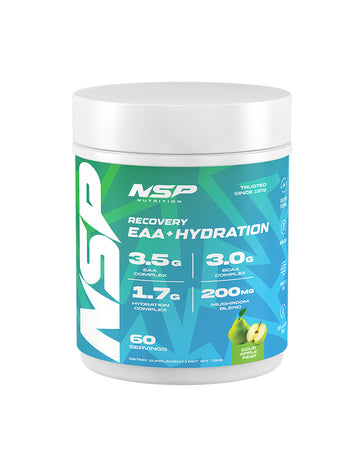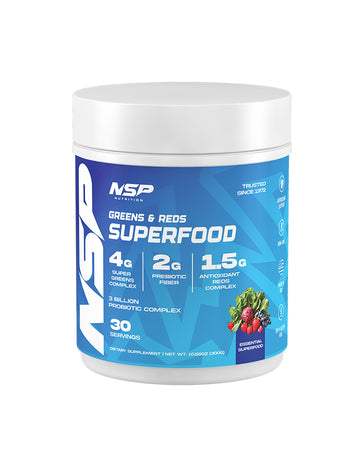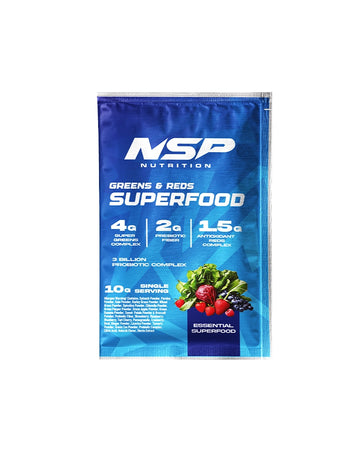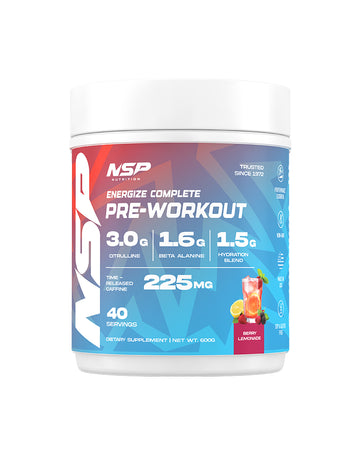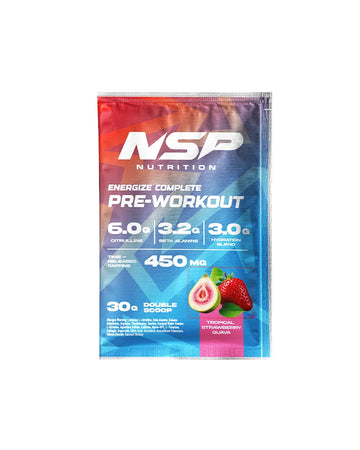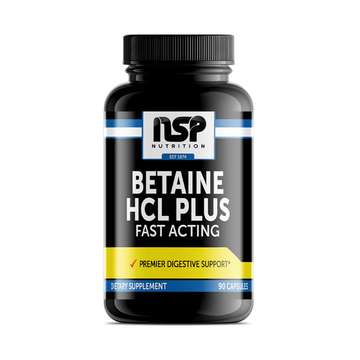You've probably heard about the latest wellness trends - from exotic superfoods to cutting-edge fitness regimens. But there's one secret star that's quietly revolutionizing the health scene - Betaine HCL. It might not have the glamorous appeal of more popular wellness fads, but its impact on our digestive health and overall wellbeing is undeniable12.
So what makes Betaine HCL such a game-changer? Its magic lies in its ability to optimize digestion, enhance protein absorption, maintain gut microbiome balance, and reduce bloating discomfort. And unlike many other trends, this is not just anecdotal hype - there's solid scientific backing to these claims23.
In this article, we'll dive deep into the science behind Betaine HCL, bust common myths surrounding it, and guide you on how to get the most out of your Betaine dosage for optimal results.
So let's get started!
Understanding Bloating: The Science Behind the Discomfort

You've likely experienced that uncomfortable, swollen sensation in your stomach, haven't you? Well, that's bloating and there's an intriguing science behind this discomfort.
When food enters your stomach, it triggers the production of stomach acid and digestive enzymes to break down the nutrients. However, if your body doesn't produce enough stomach acid or enzymes, this can lead to bloating. That's where betaine HCL comes into play1!
Betaine hydrochloride acts as a supplemental source of hydrochloric acid in your stomach, which can aid digestion and reduce symptoms like bloating and acid reflux. In essence, by boosting your natural digestive process with betaine HCL, you're equipping your body to tackle meals more efficiently and keep discomfort at bay1.
So quite subtly yet significantly, betaine is making waves in wellness trends for its role in combating digestive issues23.
Introducing Betaine HCL: Nature's Digestive Dynamo

Experience Rapid Stomach Comfort with Our Latest: NSP's Betaine HCL Plus!
How does it work?
Betaine HCL boosts your stomach's production of hydrochloric acid, the very substance that breaks down food particles and aids absorption1. Low levels can lead to indigestion and bloating, but with a betaine boost, you're supporting your body's digestion process naturally2.
Plus, this isn't just about comfort; better digestion leads to improved nutrient uptake which means more energy for you. So if you're tired of feeling sluggish after meals or dealing with persistent bloat, it might be time to give betaine HCL a try3!
Acidity and Digestion: The Delicate Dance
When you consume food, your stomach produces acid to break it down - that's where betaine HCL steps in1.
This naturally occurring compound helps increase the production of hydrochloric acid in your stomach, improving your body's ability to digest food efficiently2. If there isn't enough acid, you may struggle with bloating, gas, or even malabsorption of nutrients from your meals1.
By supporting healthy levels of stomach acid with betaine HCL supplementation, you're not just aiding digestion; you're also bolstering overall wellness by ensuring your body gets all the vital nutrients it needs from each bite you take2.
So remember: maintaining an optimal level of acidity is a crucial part of the digestive process—and betaine HCL might just be the secret ingredient to perfecting that balance3.
Enhancing Protein Digestion: A Key Benefit of Betaine HCL
Don't overlook the crucial role that betaine HCL plays in enhancing your body's ability to digest proteins efficiently3. It works by boosting the levels of hydrochloric acid in your stomach, which is essential for breaking down protein-rich foods into amino acids.
This improved digestion not only helps you get more nutrients from the food you eat but also supports muscle growth and recovery, boosts your immune system, and even aids in maintaining a healthy weight3.
So next time you're indulging in a protein-packed meal, remember this silent hero helping in the background - betaine HCL3!
Gut Microbiome and Betaine HCL: A Harmonious Relationship
Imagine the bustling city that's your gut microbiome, with trillions of beneficial bacteria working in harmony to keep you healthy. And betaine HCL plays a key role as the conductor of this intricate symphony2. It's like a superhero, swooping in to maintain balance, promoting an environment where good bacteria thrive and harmful ones struggle2.
Betaine HCL aids digestion by improving stomach acid levels, which helps break down food more efficiently12. This process keeps your gut community happy and functioning optimally because proper digestion means fewer undigested particles causing chaos2.
So, when you're taking care of your gut health with betaine HCL, you're not just aiding digestion – you're fostering a beneficial bacterial ecosystem within your body23!
Other Benefits of Betaine HCL
Beyond its recognized role in digestion and combating bloating, Betaine HCL offers a range of other health benefits:
-
Heart Health:
- Reduces homocysteine levels in the blood, a marker associated with an increased risk of heart disease1.
-
Liver Function:
- Aids in liver detoxification processes and has shown potential in treating nonalcoholic fatty liver disease2.
-
Muscle Growth and Recovery:
- Enhances muscle protein synthesis, promoting muscle growth and faster recovery post-workout3.
-
Mood and Mental Health:
- Betaine acts as a methyl donor in the brain, which has been linked to the production of neurotransmitters beneficial for mood regulation
Addressing Common Misconceptions: Betaine HCL Myths Busted
First off, betaine HCL isn't a magical cure-all.
It's a supplement that aids digestion and supports overall health, but it's not meant to replace a balanced diet or regular exercise12.
Secondly, taking too much won't necessarily give you superhuman health. In fact, overconsumption could lead to stomach upset or other issues12.
Lastly, while betaine HCL is generally safe for most people, it might not be suitable for everyone—especially those with certain medical conditions like stomach ulcers or acid reflux disease1.
So before jumping on the bandwagon, it's always smart to consult with your healthcare provider first12!
The Proven Power: Scientific Backing for Betaine HCL's Benefits
You might be curious about the science behind the claims of HCL's benefits, and rest assured, there's plenty of research to back it up23.
Numerous studies have highlighted Betaine HCL's potential in improving digestive health by increasing stomach acid levels for optimal digestion, thereby preventing conditions like heartburn and GERD12.
It's also lauded for its ability to enhance physical performance. A study published in the Journal of International Society of Sports Nutrition found that betaine supplementation improved body composition, muscle size, work capacity, and even boosted power output in resistance-trained men3.
Furthermore, betaine has been linked with promoting cardiovascular health due to its role in reducing homocysteine levels – a factor associated with heart disease2[^6^].
So you see, this isn't just wellness industry hype; scientific evidence backs up these benefits of Betaine HCL23!
Dosage and Timing: Getting the Most Out of Your Betaine HCL
Taking your supplement correctly is crucial to fully reap the benefits of Betaine HCL12. It's recommended that you start with a low dose, typically around 200-500mg taken just before or during each meal, and adjust as necessary based on your body's response1.
Timing is also key - taking your dosage right before or with meals helps ensure that the betaine is present when you start digesting food, enhancing its effectiveness1.
Remember, it's always best to consult with a healthcare professional or nutritionist who can guide your dosage based on personal needs and any existing health conditions12.
Conclusion
So, you see, betaine HCL isn't just a buzzword in the wellness industry. It's an under-the-radar revolutionizer, tackling bloating, boosting digestion, and enhancing protein absorption123.
Its relationship with your gut microbiome is pretty impressive too2. Don't let myths cloud your view1. Backed by science, this natural digestive dynamo could really make a difference to your health123.
Just remember to get your dosage and timing right for maximum benefits12. You've got this!
References
-
Schwab, U., Törrönen, A., Toppinen, L., Alfthan, G., Saarinen, M., Aro, A., & Uusitupa, M. (2002). Betaine supplementation decreases plasma homocysteine concentrations but does not affect body weight, body composition, or resting energy expenditure in human subjects. The American journal of clinical nutrition, 76(5), 961-967.
-
Craig, S. A. (2004). Betaine in human nutrition. The American journal of clinical nutrition, 80(3), 539-549.
-
Hoffman, J. R., Ratamess, N. A., Kang, J., Rashti, S. L., & Faigenbaum, A. D. (2009). Effect of betaine supplementation on power performance and fatigue. Journal of the International Society of Sports Nutrition, 6(1), 7.
-
Cholewa, J. M., Wyszczelska-Rokiel, M., Glowacki, R., Jakubowski, H., Matthews, T., Wood, R., ... & Paolone, V. (2013). Effects of betaine on body composition, performance, and homocysteine thiolactone. Journal of the International Society of Sports Nutrition, 10(1), 39.
-
Thomas, D. T., Erdman, K. A., & Burke, L. M. (2016). Position of the Academy of Nutrition and Dietetics, Dietitians of Canada, and the American College of Sports Medicine: Nutrition and athletic performance. Journal of the Academy of Nutrition and Dietetics, 116(3), 501-528.
-
Kim, Y. M., Kim, J. H., Chang, N., Ko, H. J., Kim, K. T., & Yang, H. (2004). Protective effects of betaine against methionine-induced oxidative stress and apoptosis in rat liver. In Vivo, 18(6), 725-732.
-
Abdelmalek, M. F., Sanderson, S. O., Angulo, P., Soldevila-Pico, C., Liu, C., Peter, J., ... & Lindor, K. D. (2009). Betaine for nonalcoholic fatty liver disease: results of a randomized placebo‐controlled trial. Hepatology, 50(6), 1818-1826.





